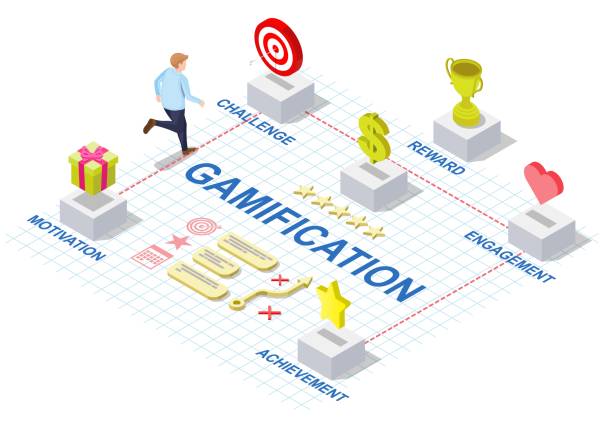Gambling is a popular form of entertainment that can have serious consequences for individuals and society as a whole. However there are some who can gamble in a responsible and moderate manner. Some people may adopt unhealthy routines that put them at risk for addiction, debt, and other problems. Thus, there is a rising awareness of the importance of training and instruction in encouraging responsible gambling and lessening the likelihood of compulsive play.

Four Impacts of Learning and Training in Gambling
Here are some potential impacts of education and training on gambling behaviors:
Improved Knowledge and Understanding
Education and training initiatives can enhance individuals’ knowledge and understanding of gambling. It includes the risks associated with the activity, the odds of winning, and the signs of problematic behavior.
Increased Self-Control
Education and training can help individuals develop self-control and set limits on their gambling behaviors. This includes strategies such as setting a budget, taking breaks, and avoiding high-risk situations.
Enhanced Treatment and Support
Education and training initiatives can also help enhance treatment and support services for individuals with gambling addiction. By providing training to healthcare professionals, policymakers, and other stakeholders. These initiatives can help ensure that individuals receive appropriate and effective care.
Improved Public Health
By promoting responsible gambling behaviors and reducing the risk of addiction, education and training initiatives can contribute to improved public health outcomes.


